Virtual Gallery of the Regional Museum Jagodina
Author of the exhibition: Jasmina Trajkov
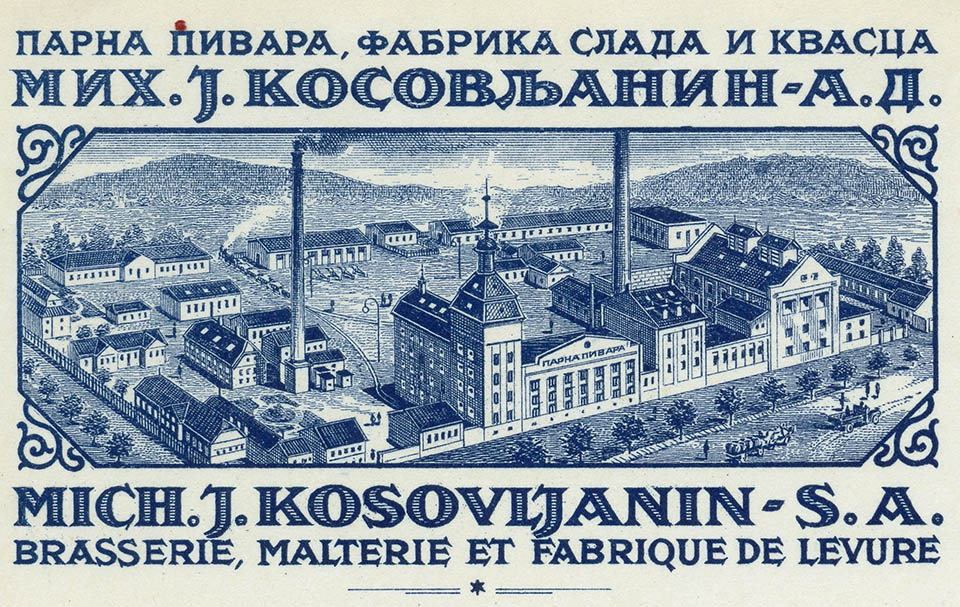
The Brewery was one of the first industrial plants in Jagodina. This factory was a symbol of the city and Jagodina beer was its brand for more than 160 years. On the occasion of the 150th anniversary of the founding of the Jagodina Brewery, the Regional Museum of Jagodina organized an exhibition about this factory in 2002. Although the work of the Brewery completely stopped in 2019, we will present a part of the material that the Regional Museum keeps in its fund, in collections of photographs, picture postcards, memorial objects and glass and at the same time remind of the rich history and tradition of this once reputable company.
Virtual exhibition
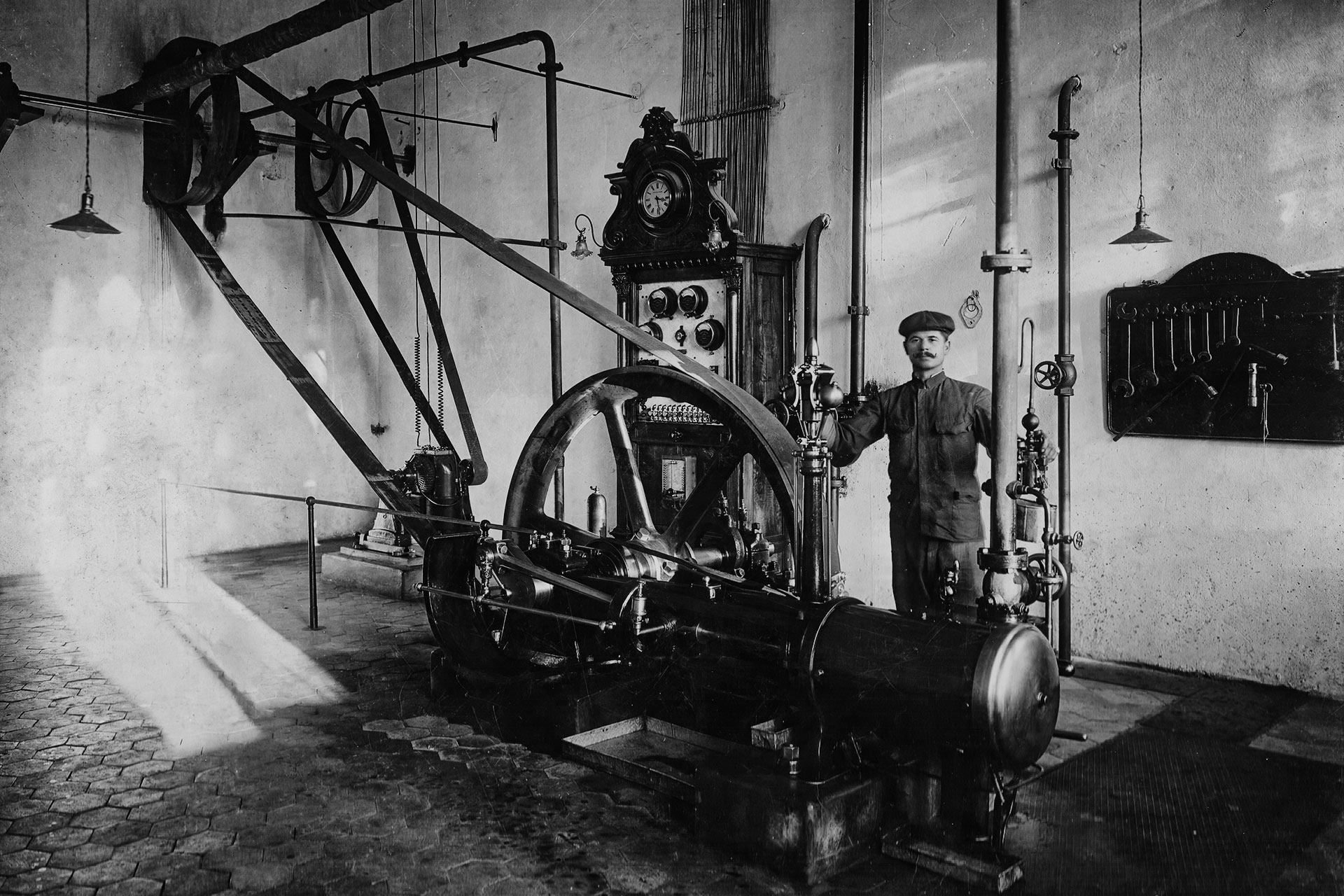
Machine workshop of Jagodina Brewery
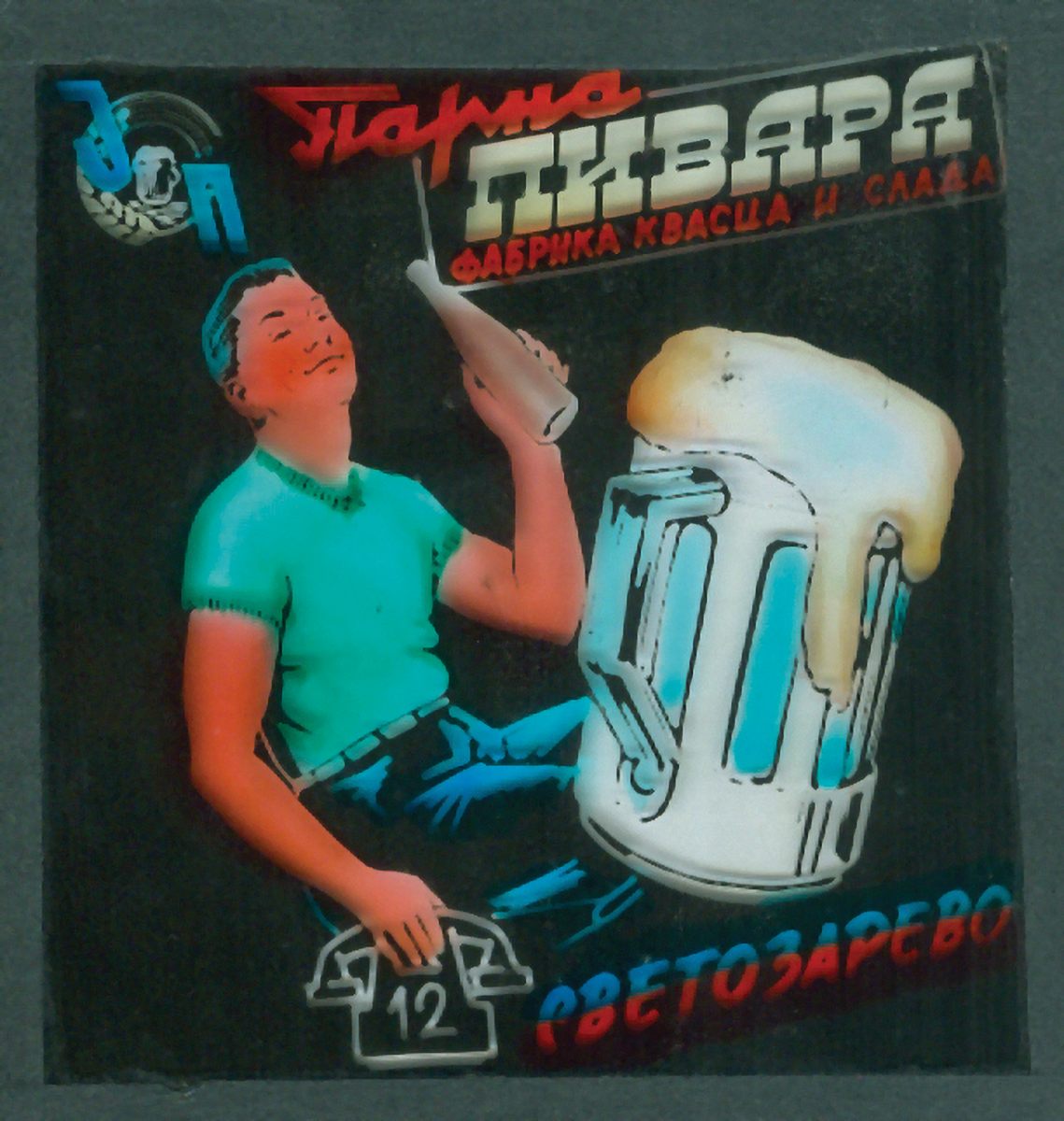
Advertising slide of Jagodina Brewery
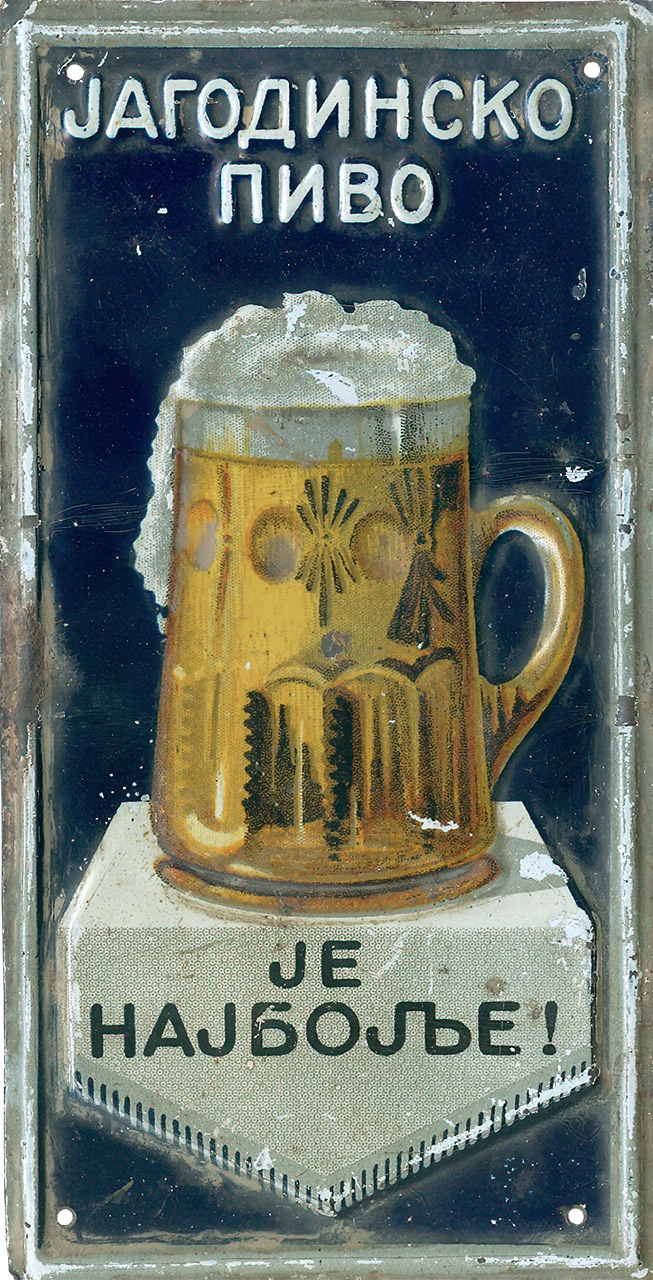
Advertising plate Jagodina Brewery
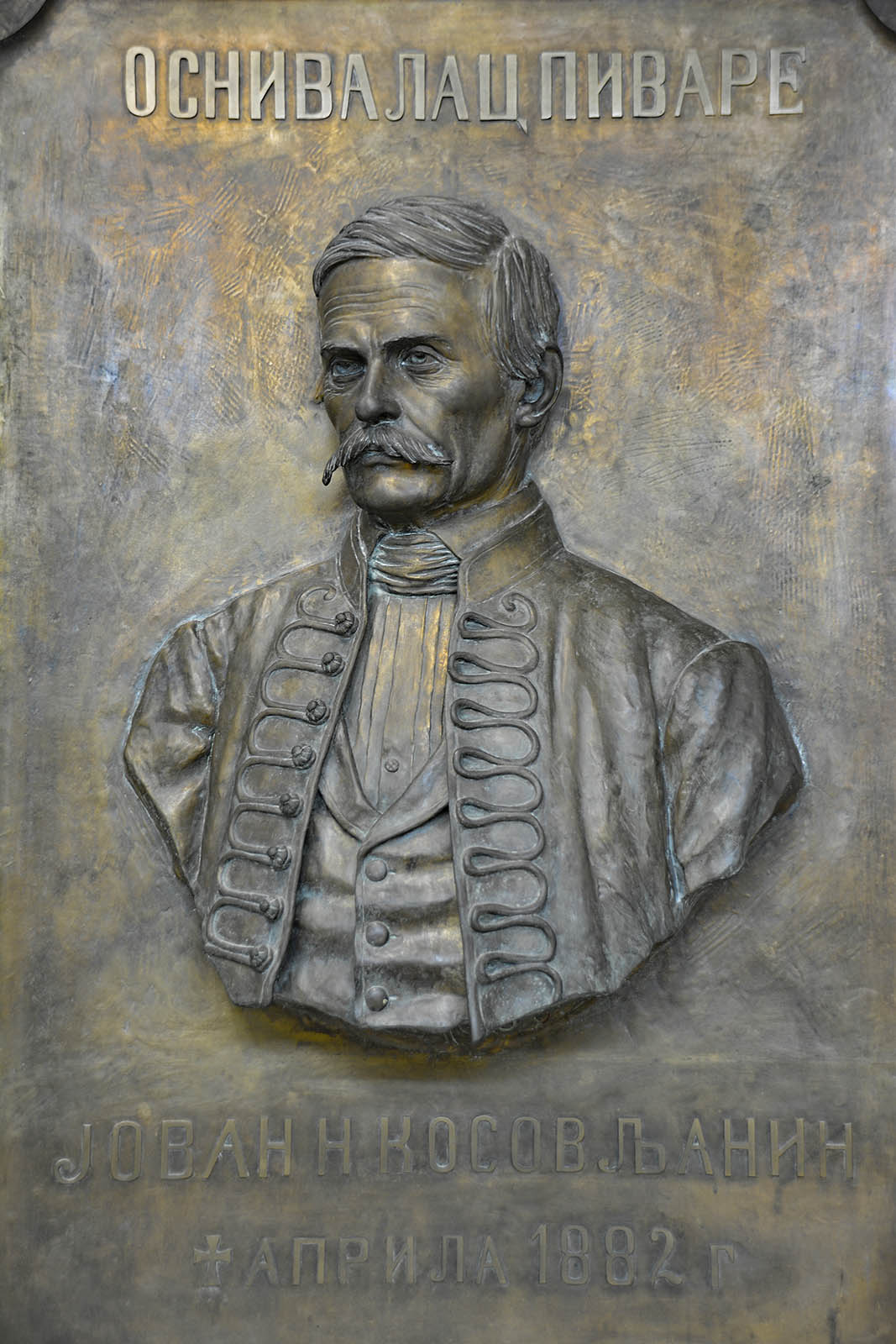
Portrait of Jovan Nikolić Kosovljanin, founder of the Brewery in Jagodina
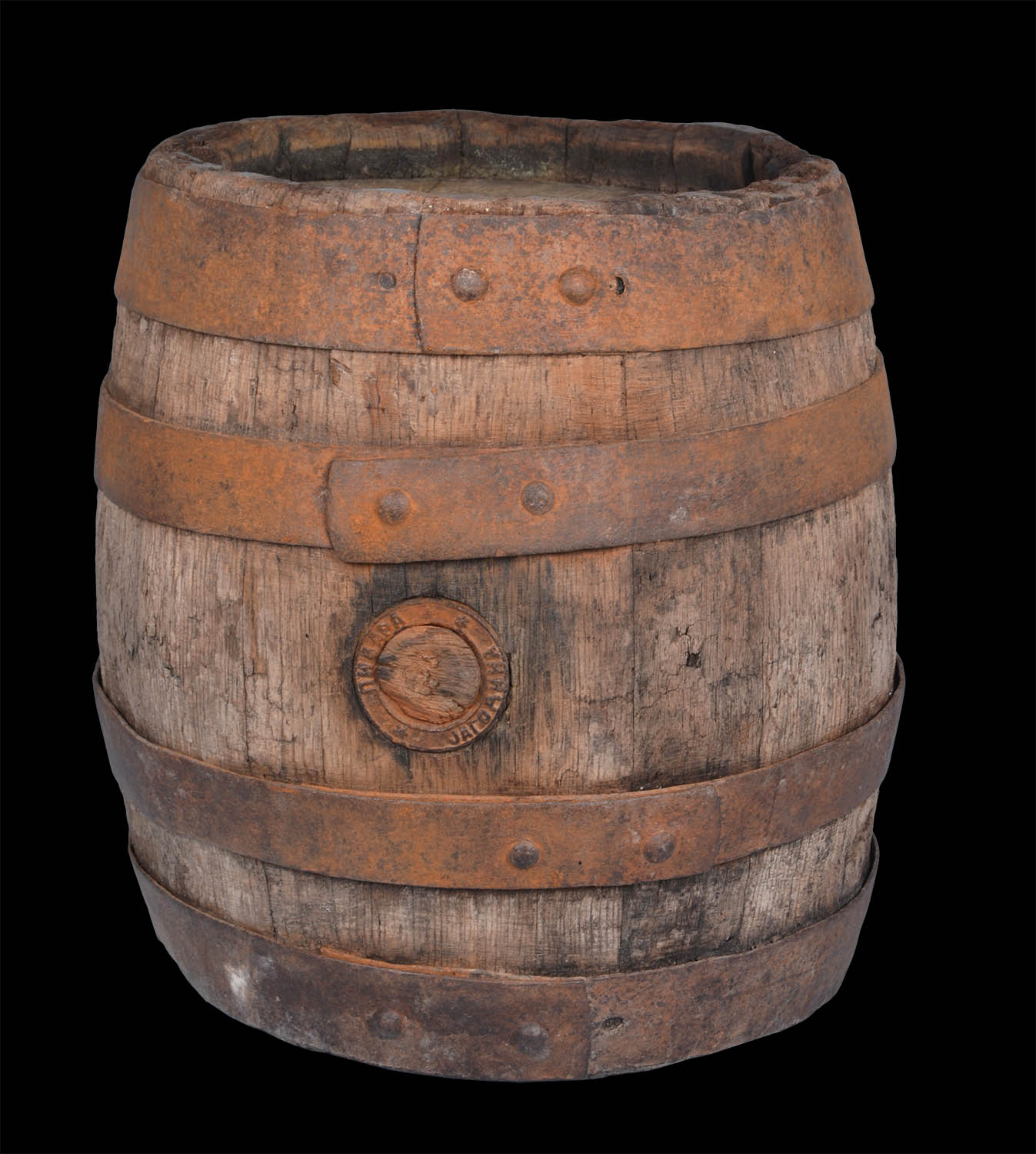
Beer barrel
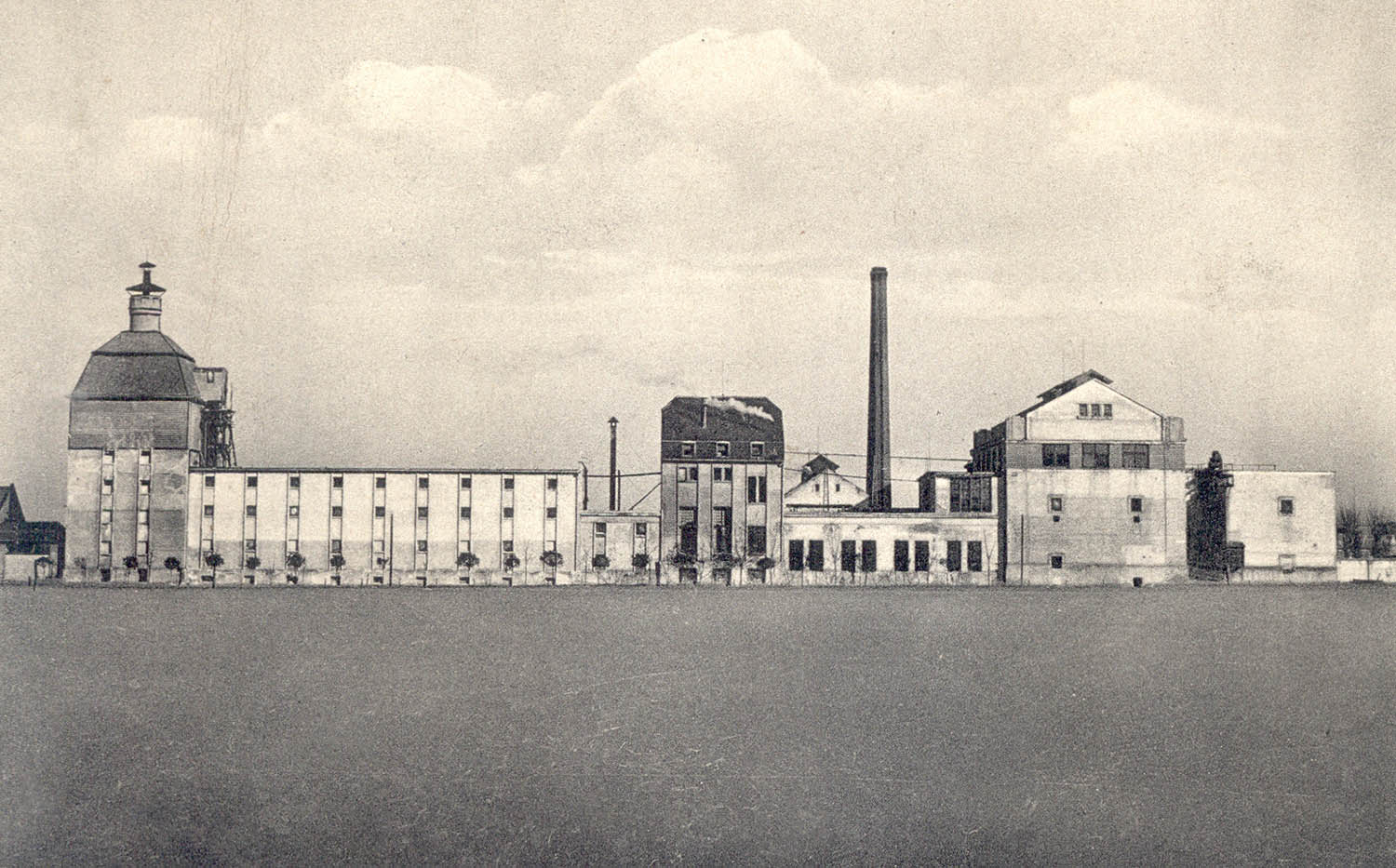
Jagodina Brewery
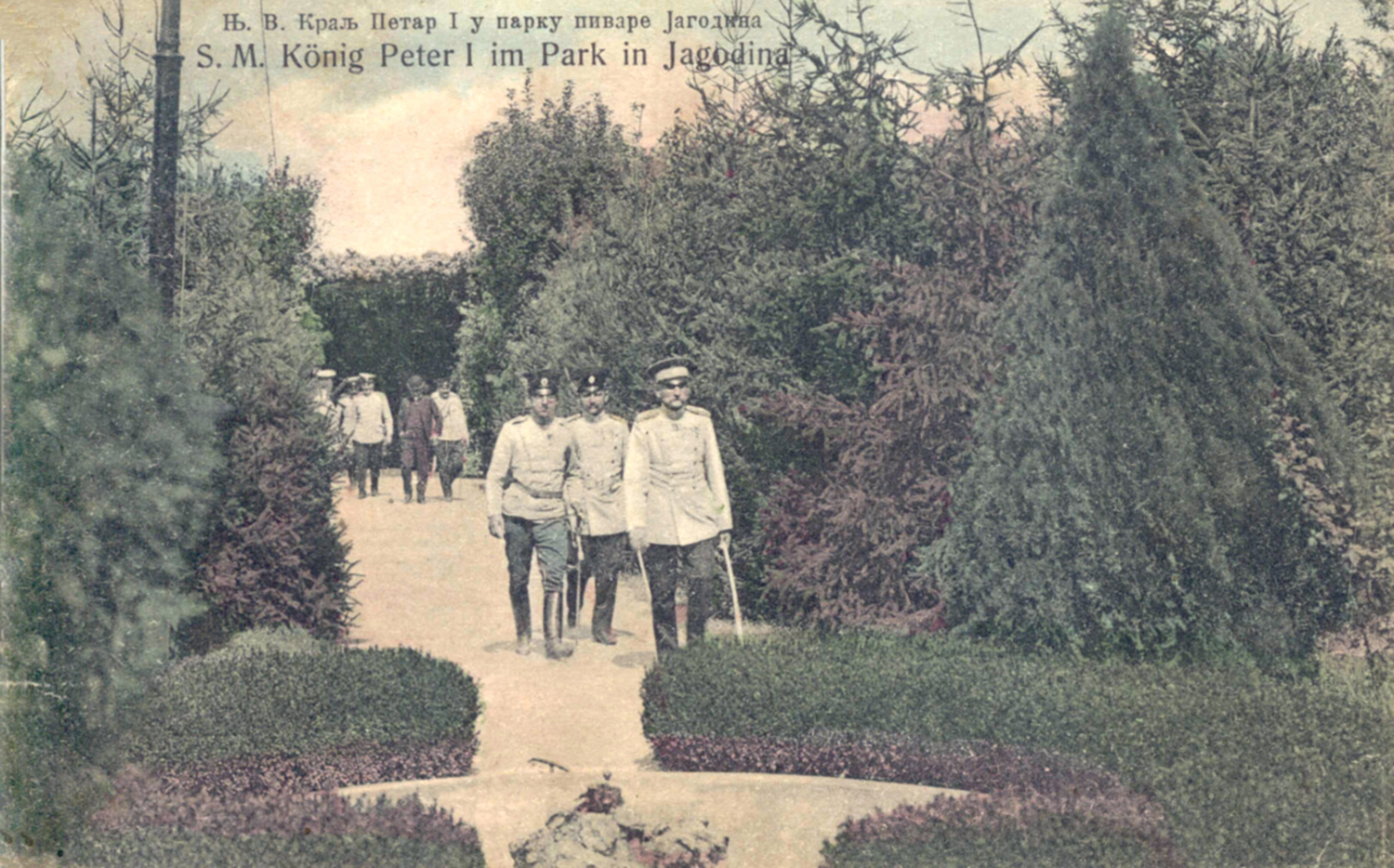
Jagodina, HRH King Peter I in the brewery park
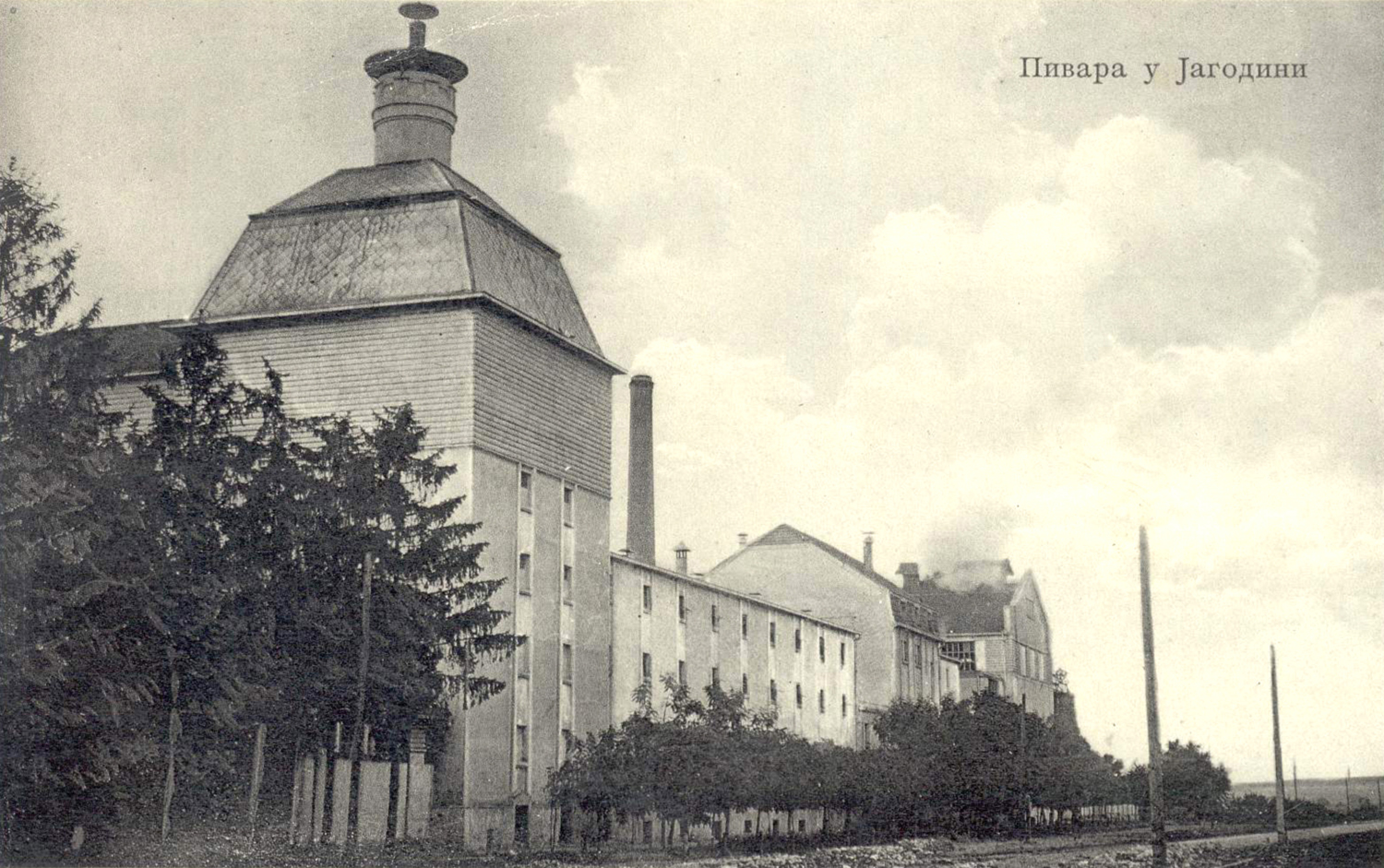
Jagodina Brewery
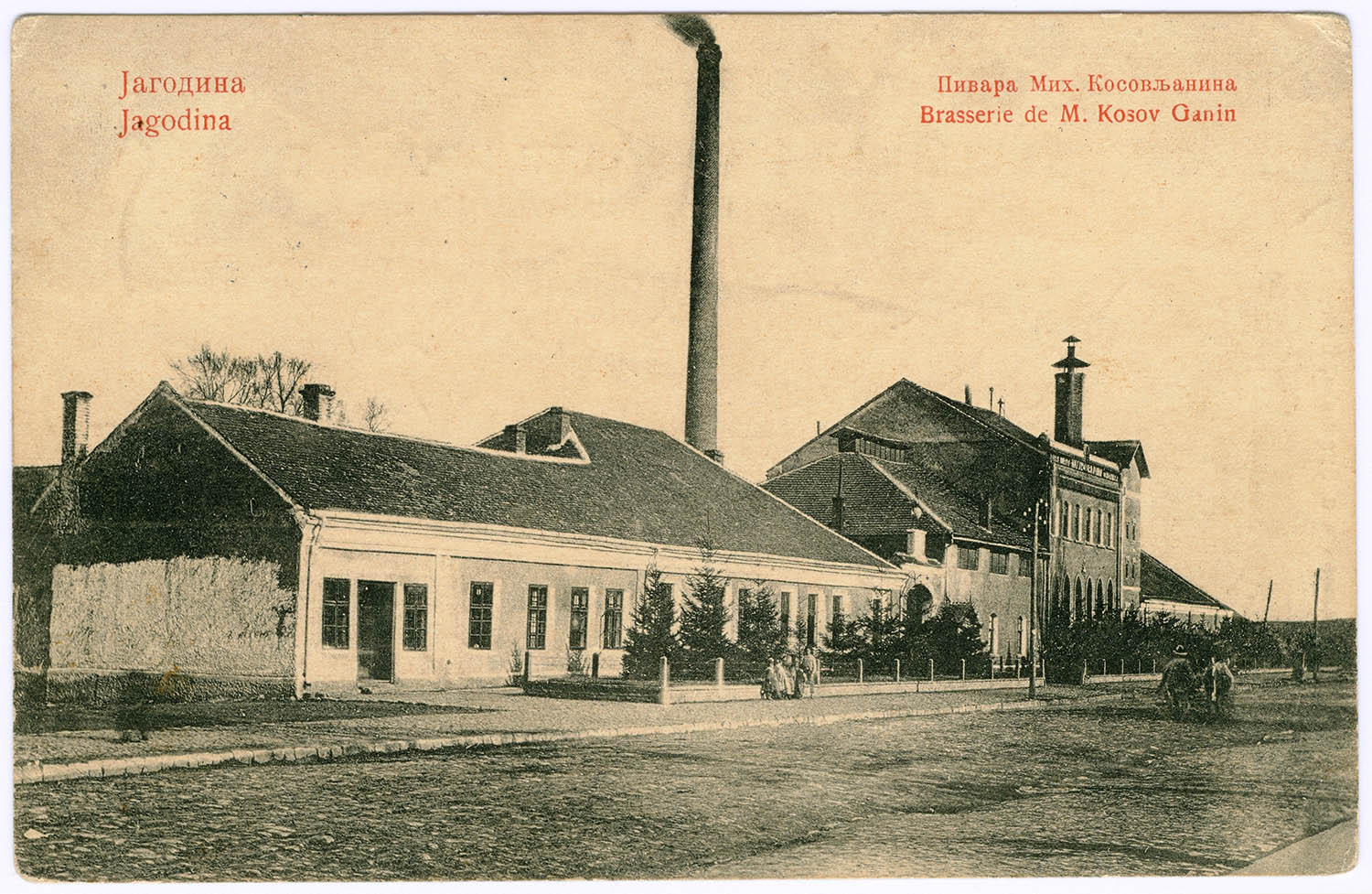
Jagodina, Mihajlo Kosovljanin Brewery
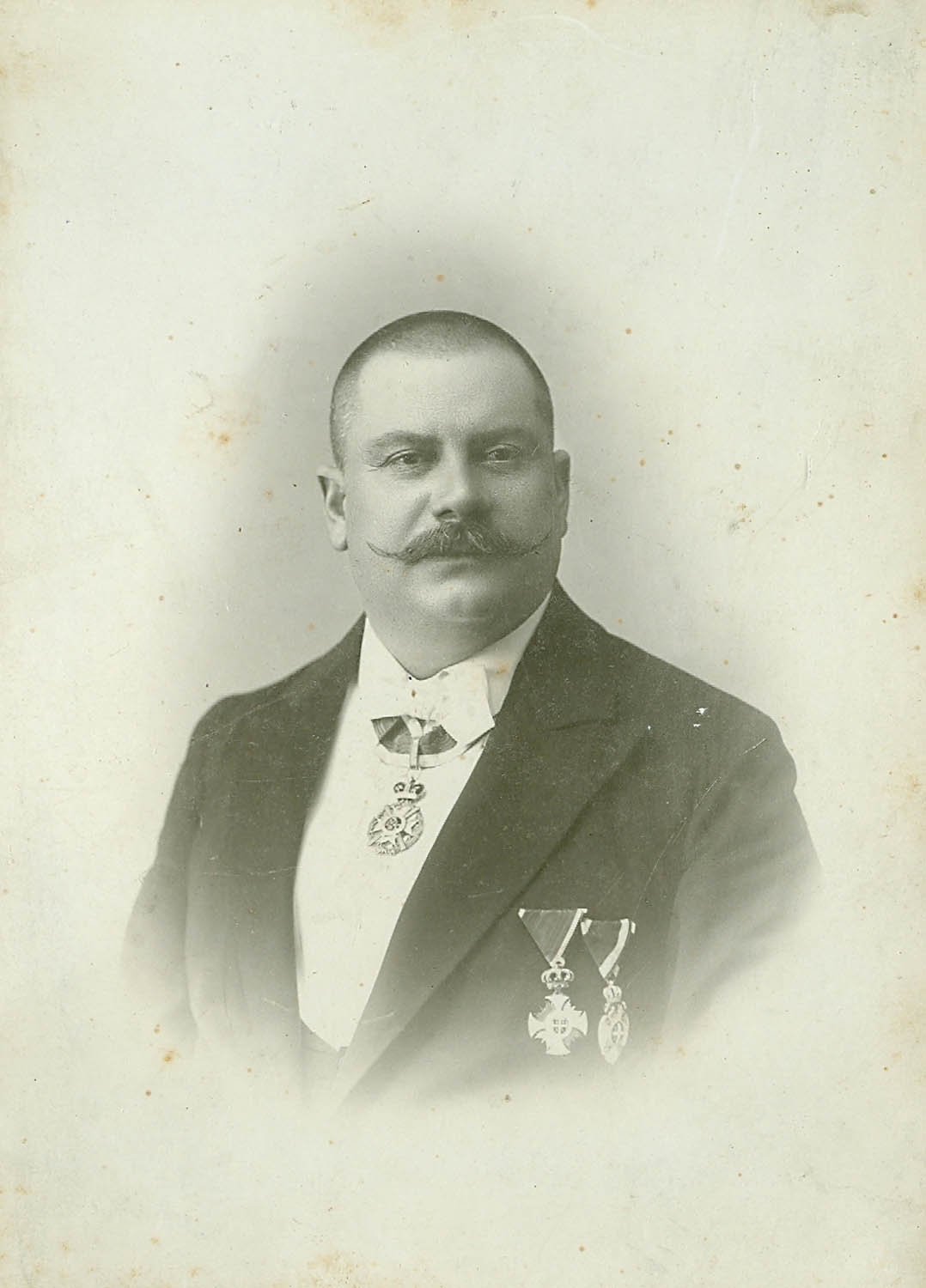
Mihajlo Kosovljnin
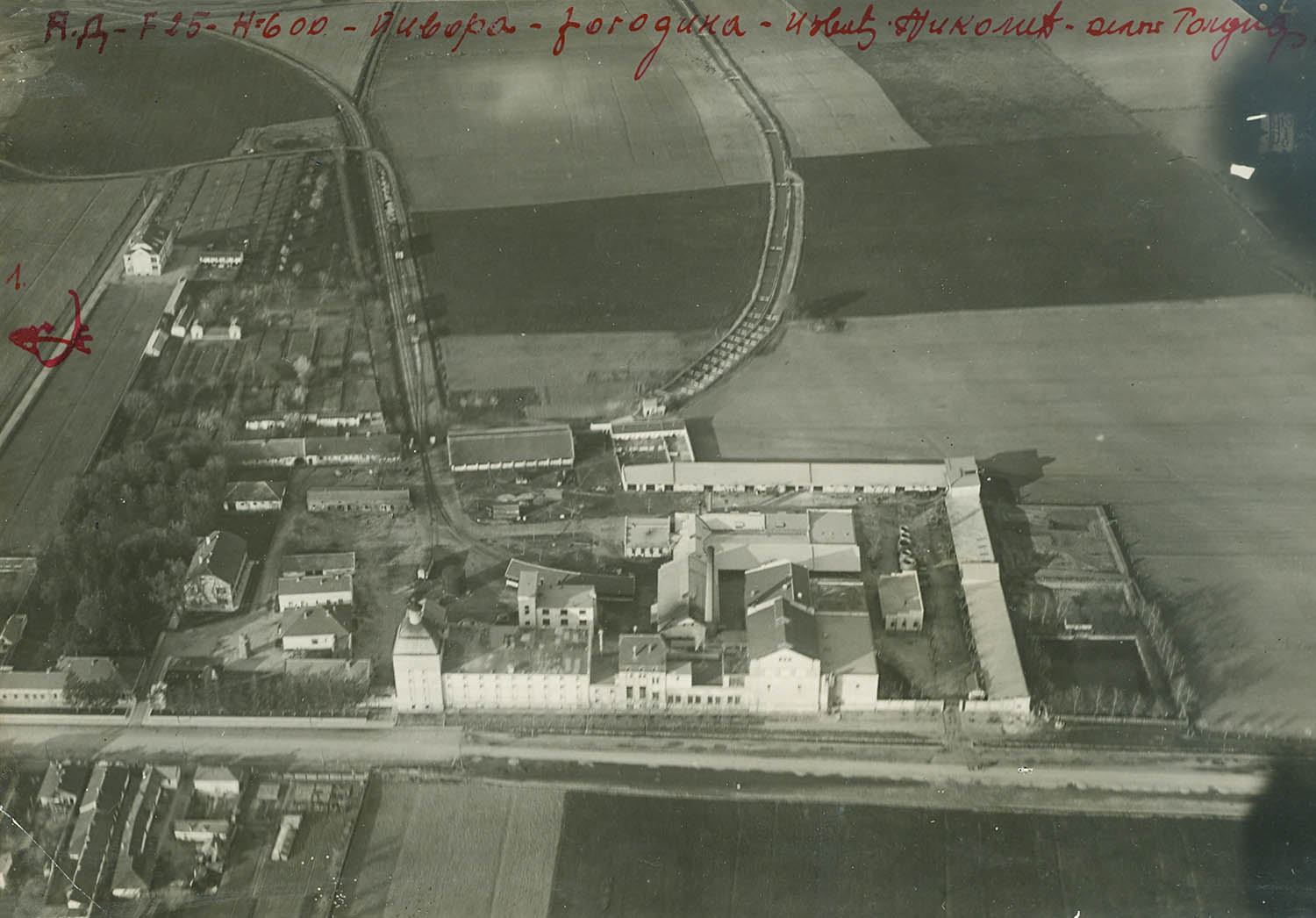
Aerial photography of Jagodina Brewery
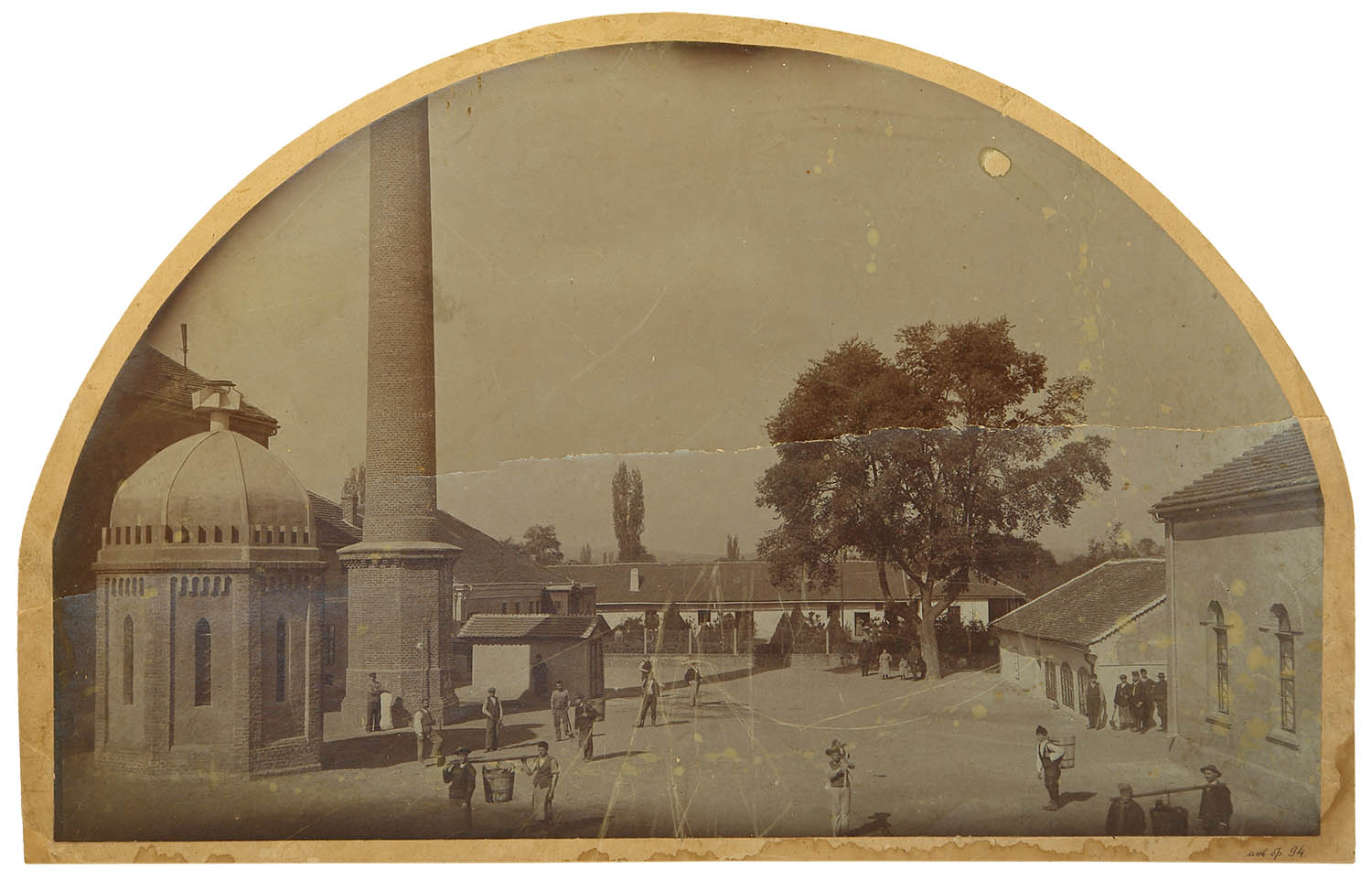
Jagodina Brewery yard
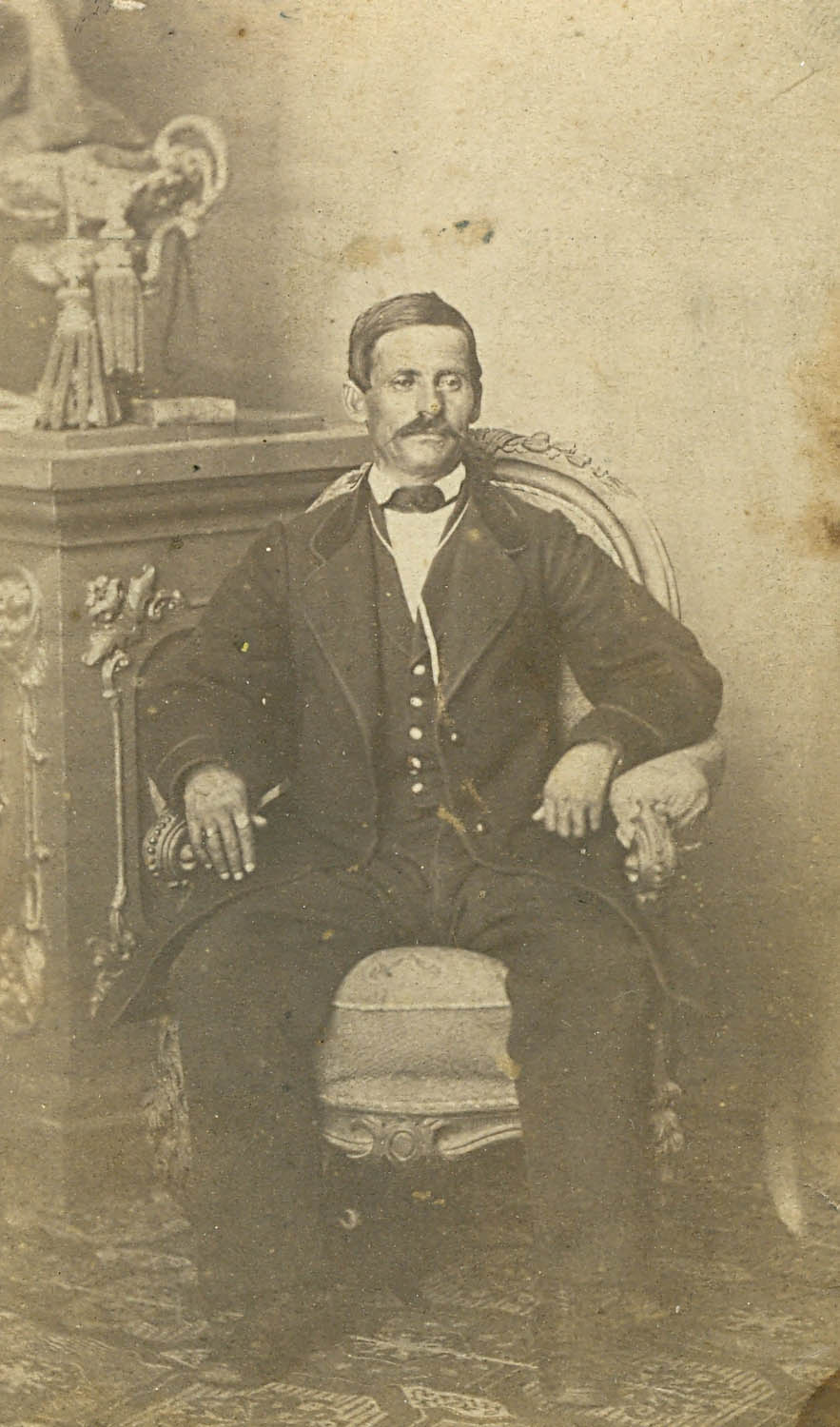
Jovan Kosovljanin
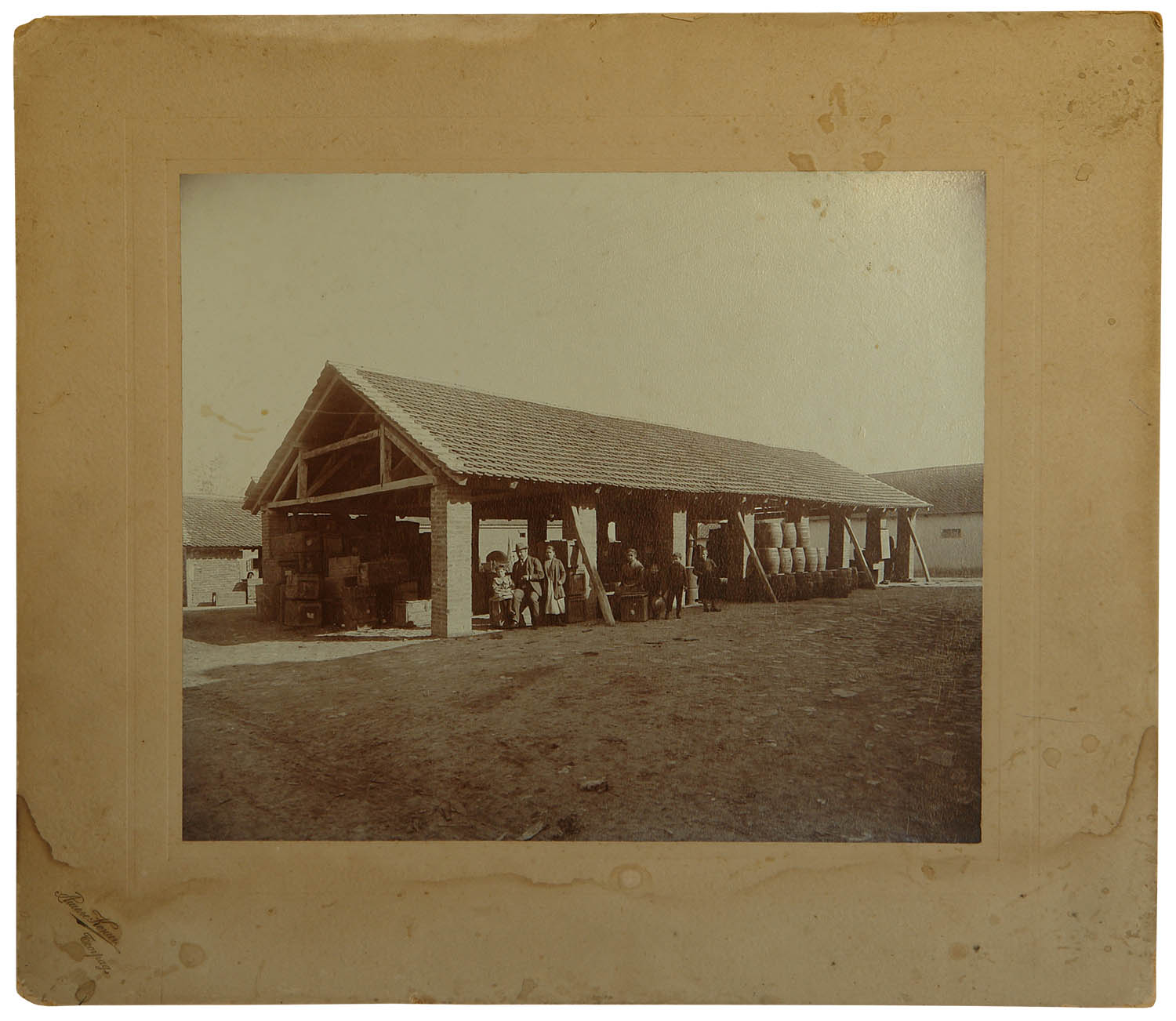
Warehouse within Jagodina Brewery
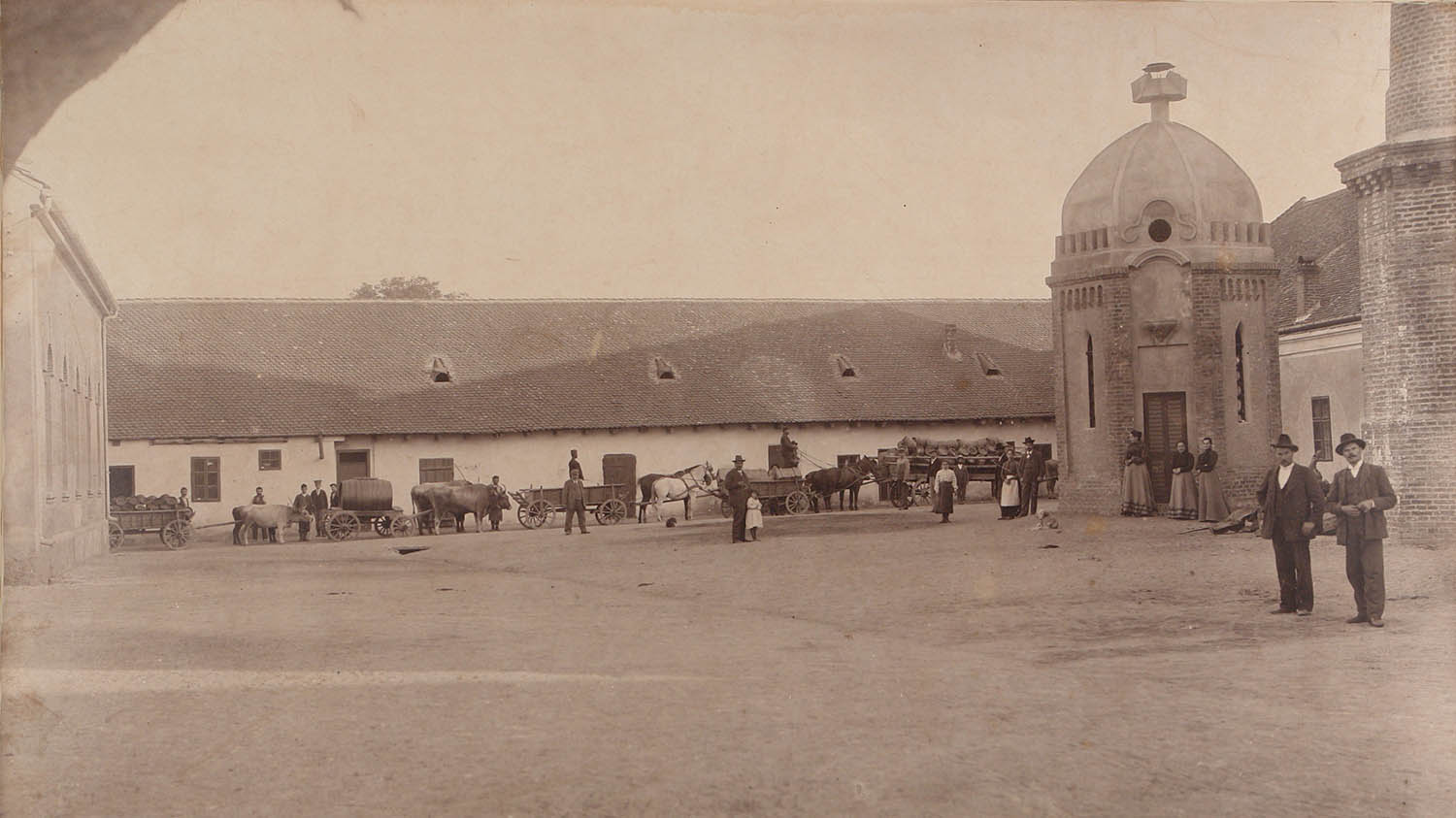
Brewery on the north (town) side
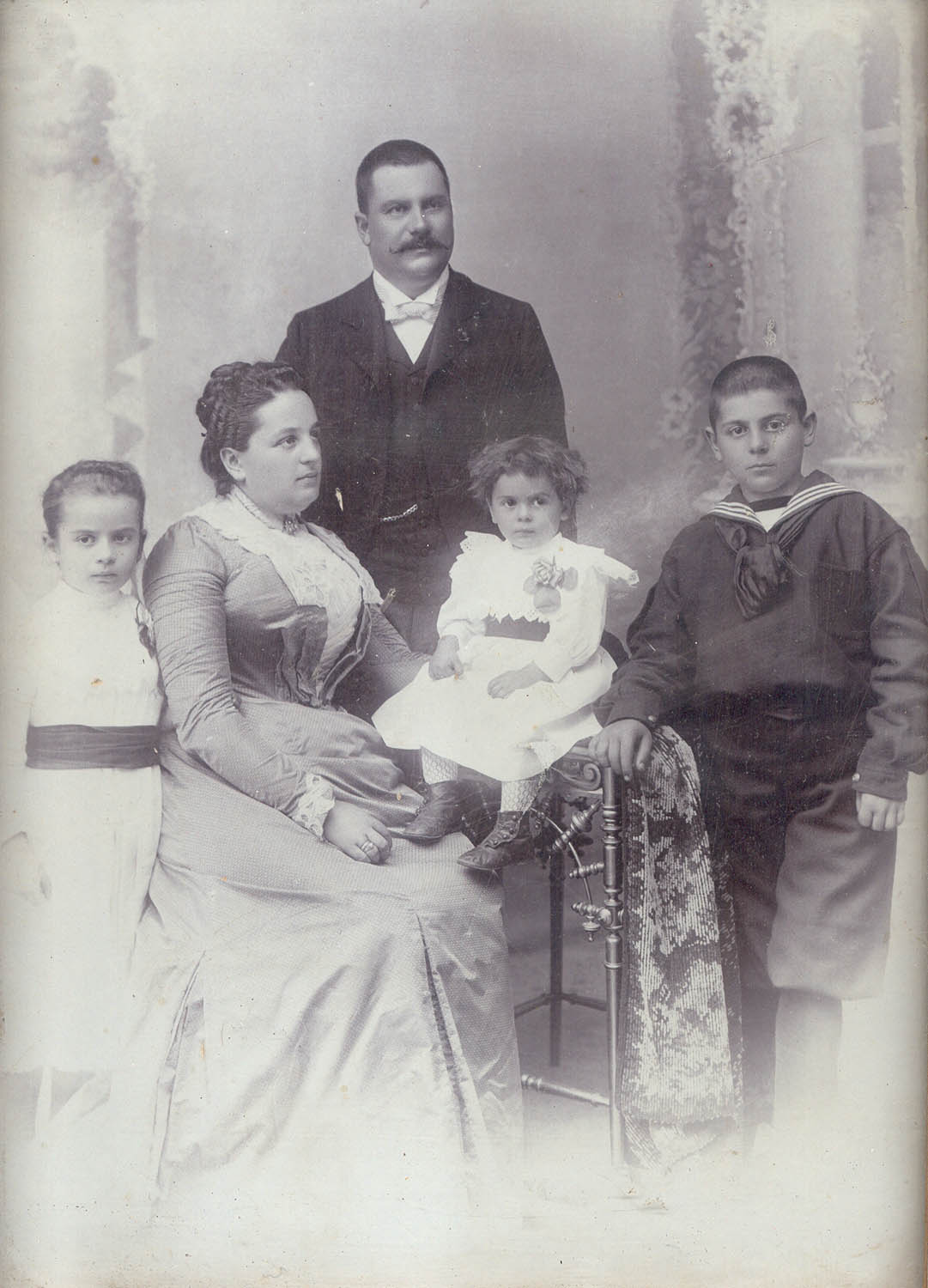
Mihajlo Kosovljanin with his wife Kaliopa and his children
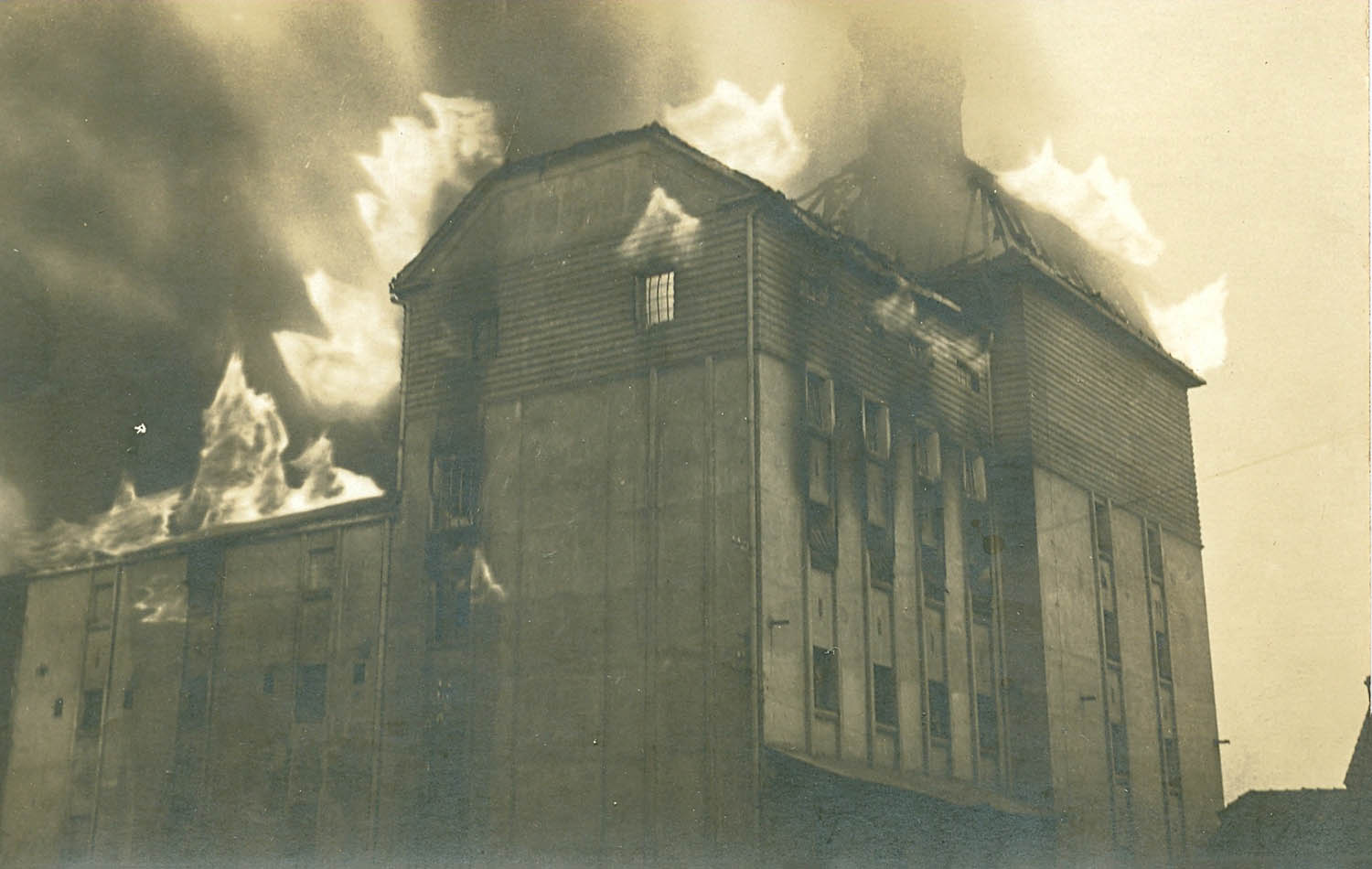
Fire in the Malt Factory in the Jagodina Brewery
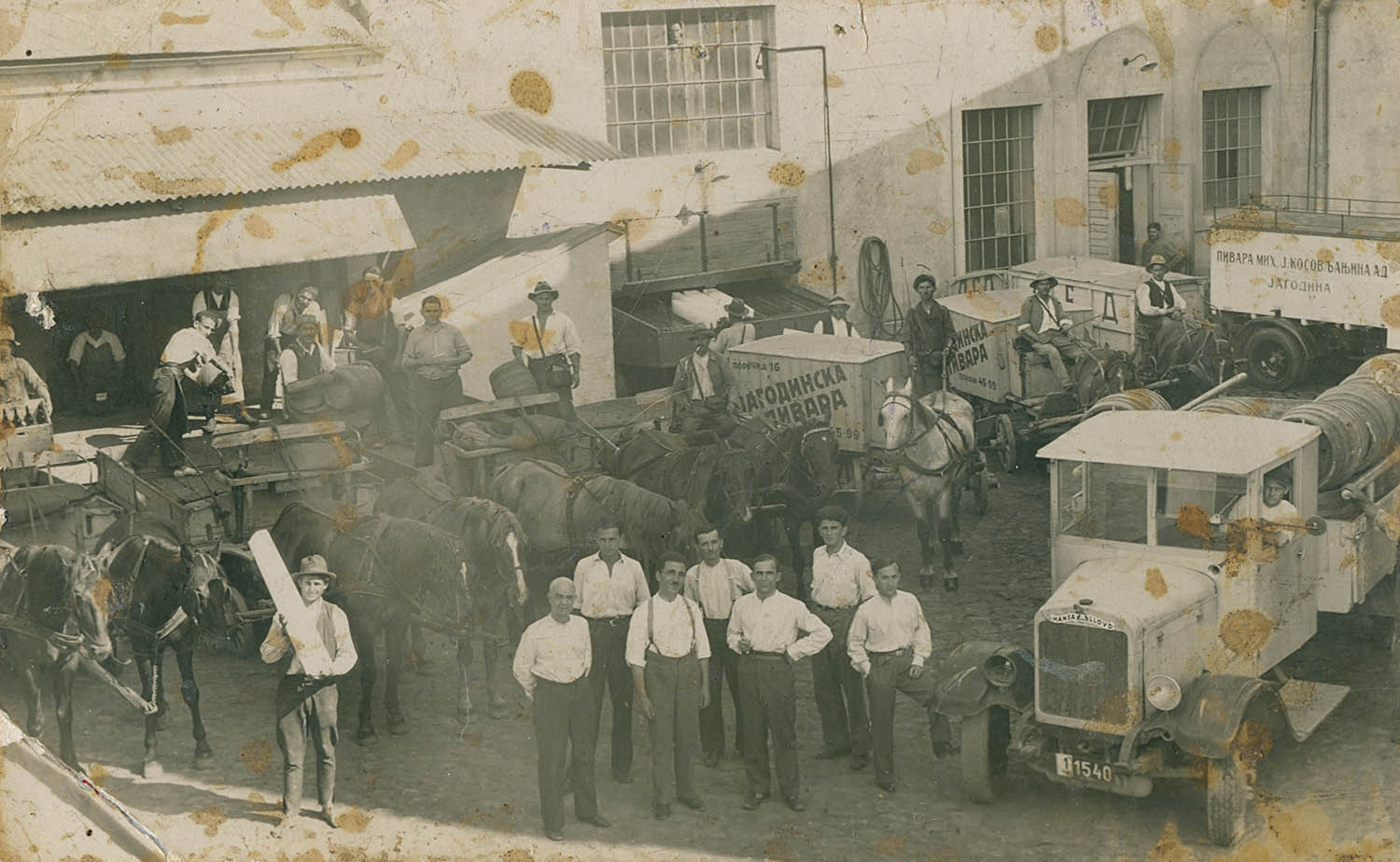
Workers of the Jagodina Brewery
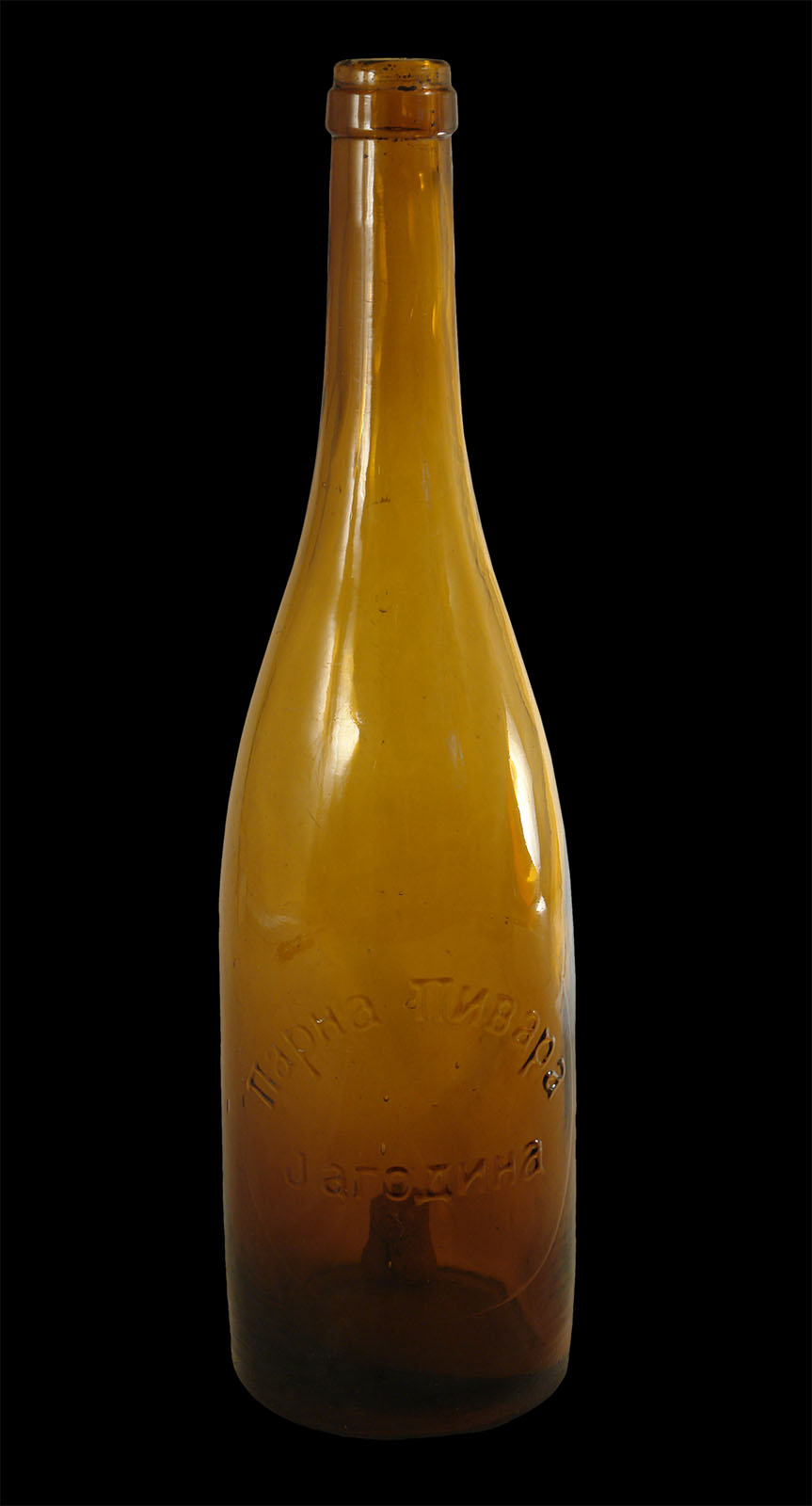
Beer bottle
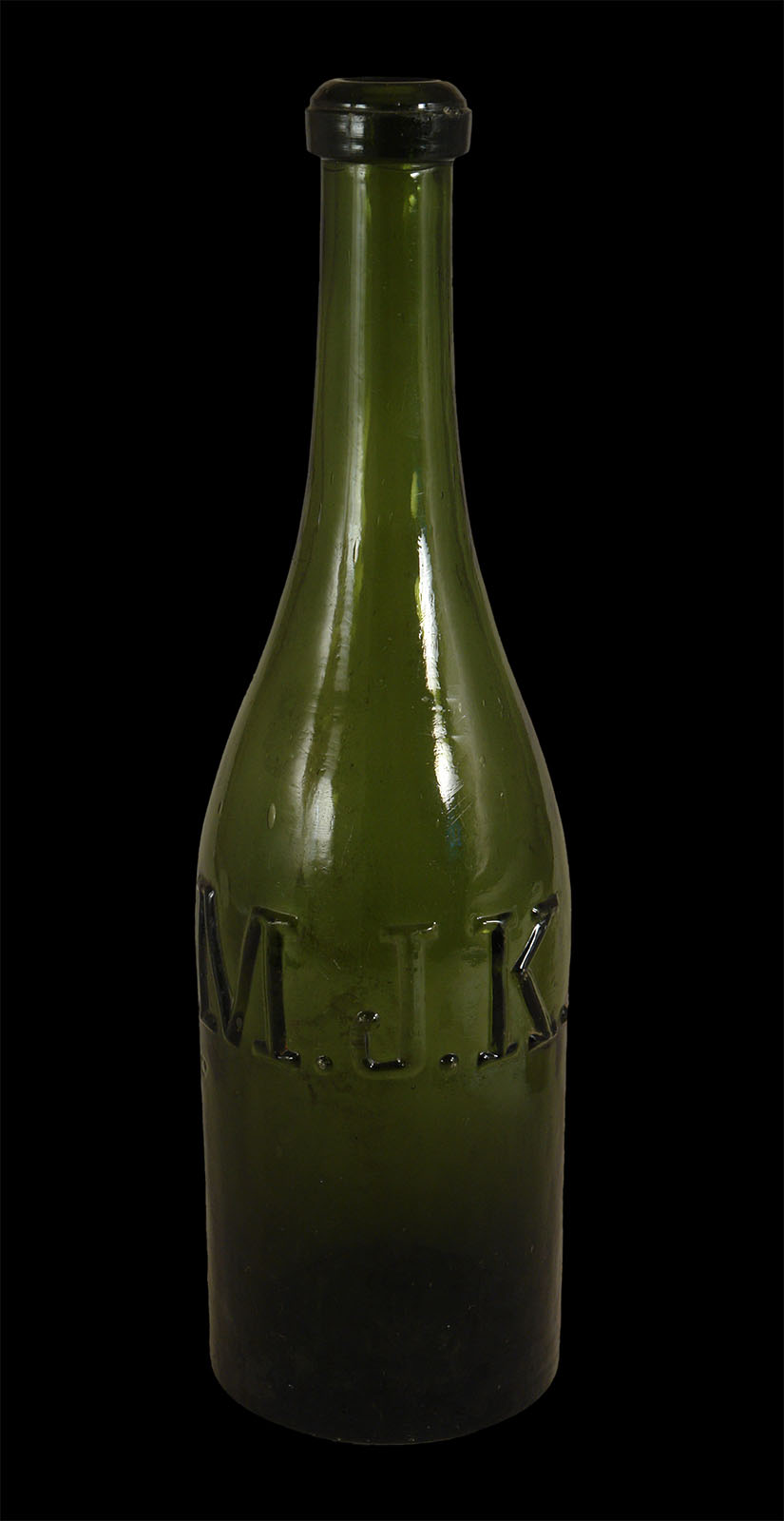
Beer bottle
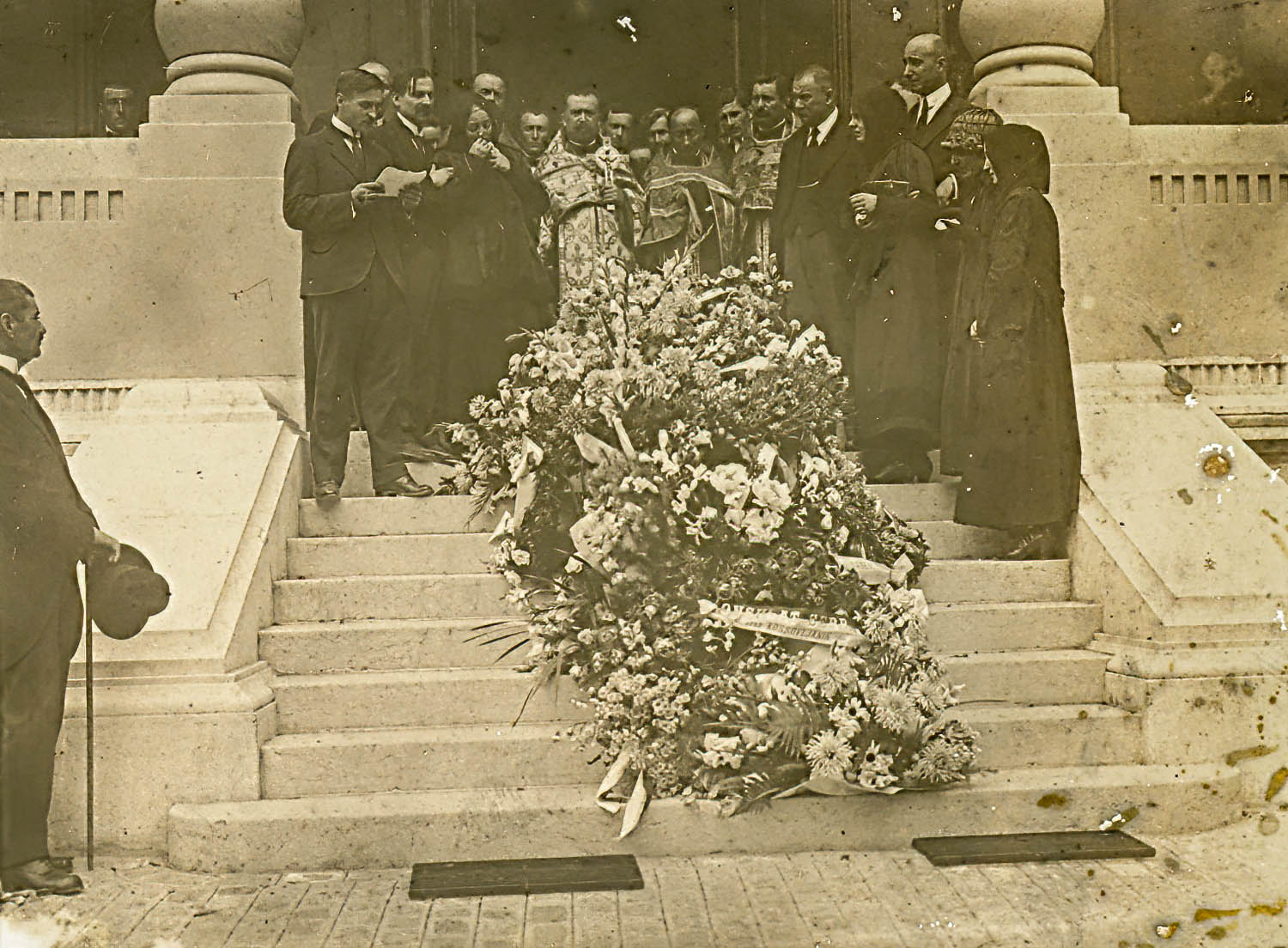
The Funeral of Dana Kosovljanin
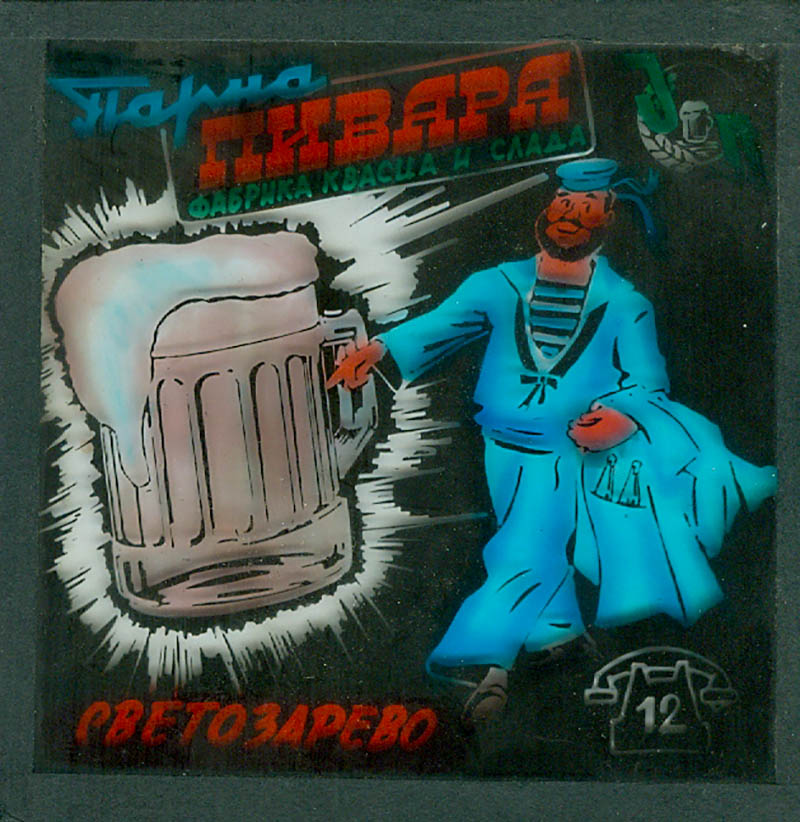
Advertising slide of Jagodina Brewery
From the middle of the 19th century, Jagodina developed from an oriental place into a modern town. The citizens began to engage in trade and crafts, which contributed to the intensive development of economic life in the city. In the middle of the 19th century, Jagodina, along with Belgrade and Šabac, became one of the strongest trade centers in Serbia. There were several rich merchant and craftsman families who became the bearers of the economic and cultural life of the city.
The surroundings of Jagodina provided favorable conditions for growing barley. Also, there was cheap labor, as well as good communication for transport and trade. These were sufficient incentives for Filip Stanković, a merchant from Smederevo, to establish a brewery in Jagodina in 1852. At first, all the work in the brewery was done by hand. There were only five to six unskilled workers. Masters from other countries were hired only for professional jobs. At first they were Germans, and then Czechs.
At the beginning Stanković enjoyed the great trust of Prince Miloš Obrenović because he was an opponent of the Defender of the Constitution and Prince Aleksandar Karađorđević, sovereign in Serbia at that time. However, due to his involvement in the anti-Obrenović conspiracy and the preparation of the assassination of Prince Mihailo Obrenović in 1868, he was sentenced to twenty years in prison. Thus, a prominent place in the further development of the brewery belonged to Jovan Nikolić (1818 – 1882), who was an important person not only in Jagodina, but also in the Principality of Serbia. He was the tenant of the brewery from 1864, and after the arrest of Filip Stanković, he bought the factory and became its sole owner.
Jovan Nikolić was born in Kosovo and Metohija in the village of Binač near Kosovska Vitina. He moved to Jagodina as a boy. Remembering his origin, he started using the nickname Kosovljanin as a surname. In the middle of the 19th century, dealing with cattle trade, he became one of the richest citizens of Jagodina. He was politically active, and was also engaged in the social and cultural life of the city. He married twice. In the first marriage he had thirteen children, and in the second two sons who died very young, as did most of the children from the first marriage.
The technology in the production of beer in Jagodina Brewery has not changed even after Jovan Kosovljanin took over. The beer was brewed on the fire in an open cauldron of small volume, and it was mixed with wooden shovels. Brewed beer was then placed in special cellars. At first, the sale and consumption of beer were limited only to the Jagodina region, due to undeveloped traffic.
After his father’s death, Jovan’s son from his first marriage, Mihailo (1862 – 1925), developed the Brewery from a modest craft workshop into a modern industry. In 1891, he became its sole owner. Mihajlo Kosovljanin was educated so that he could manage the Brewery. After finishing elementary school and high school in his hometown, he continued his education abroad. He first finished trade school in Budapest, and then graduated from the Brewing Academy in Medling near Vienna. He also finished chemical technology in Prague. In Pest, he met Kaliopa Armenuli, whom he married in 1888. In this marriage, three children were born, a son Jovan and daughters Danica and Jelena. Danica married Marko Đorđević, a banker from Jagodina, the owner of the Jagodina Savings Bank. He would later become one of the shareholders of the Brewery. Mihailo Kosovljanin was a close friend of Nikola Pasić, the president of the Radical Party and was elected four times as the Member of Parliament. He was also the president of the Red Cross for many years and a member of many humanitarian associations. He was awarded the Takovski Cross of the 5th degree and the Order of the White Eagle of the 5th degree. King Peter I Karađorđević greatly appreciated him and was a guest at his house twice.
Mihailo Kosovljanin was well educated so he could apply the acquired experiences and knowledge in the work of his factory. He technically and technologically modernized beer production. Brewing beer on the fire was replaced by the purchase of a steam engine in 1894. Wooden tubs for brewing beer have been replaced with concrete, lined with aluminum sheet or resinous mass. Mixing of beer became mechanical. The Brewery produced three types of beer: white “Moravac” beer, black “Kosovo” beer and “Salvator” beer with a higher percentage of alcohol. The development of the railway enabled faster and easier transport of goods, so Jagodina Brewery became the first Serbian exporter of beer abroad, to Greece, Bulgaria, Turkey and Egypt.
During a major reconstruction of the factory electric lighting was introduced in 1902 and a new building was built. The respectable photographic atelier Kenig from Belgrade was engaged to make photographs of the renewed factory. These photographs are kept today in the Regional Museum of Jagodina.
During this period, Mihailo Kosovljanin ordered a bronze portrait of Jovan Kosovljanin, today in the fund of the Regional Museum of Jagodina. The portrait was originally placed above the entrance to the round building built above the well that was located within the brewery circle. By placing a bust of his father within the brewery complex, Mihailo wanted to show respect for the ancestor of the family and strengthen the family tradition related to the beer production industry.
The author of the portrait was our famous sculptor Simeon Roksandić, a drawing teacher in Kragujevac at that time. It is made in high relief. Roksandić’s signature with the year of modeling is engraved in the bust on the underside (1903). The portrait was made 20 years after Kosovljanin’s death. Roksandić used a painted portrait of Jovan Kosovljanin as a sample. This sculpture is considered the first public sculpture in Jagodina.
Jagodina Brewery was the third largest in Serbia, but it couldn’t compete with the older breweries, Weifert and Bajloni in Belgrade. For that reason, the Brewery became a joint stock company, first with the domestic capital of the Jagodina Savings Bank, and from 1912 with the Czech capital. With the arrival of Czech craftsmen and capital, the factory increased production. The Brewery also had branches in Skopje, Thessaloniki, Constantinople, Cairo and Alexandria.
During the Balkan wars, beer production declined and the factory operated with difficulty. During the First World War, Jagodina Brewery was one of the few factories in Serbia that wasn’t closed. It was requisitioned and used exclusively for military purposes. Unfortunately, till the end of war, machines and equipment were destroyed and the Brewery was completely ruined.
The Kosovljanin family spent the war in exile abroad, where Mihailo’s son Jovan and daughter Danica died of the Spanish flu in 1918. After the First World War, Mihailo returned to Serbia with the desire to renew the work of the Brewery. In 1921, a serious illness forced him to resign from the position of director and president of the Management Board of the Brewery. In the same year, the Prague Credit Bank with its headquarters in Belgrade appointed Josip Bekerus (1884 – 1946) as the director of the Jagodina Brewery. He remained the head of the Brewery until the end of the war.
Thanks to the Czech capital, the work of the Brewery was renewed, all damage to the facilities was repaired, and new machines and boilers were purchased. Already in 1923, beer production reached as much as 70 000 hectoliters, and the capital was significantly increased. The Jagodina Brewery also opened an Ice Factory in Belgrade.
Successful work was slowed down by a large fire that broke out in 1928 in the Malt Factory within the Jagodina Brewery complex. The fire was noticed on March 14 at half past 5 in the morning in the department for drying sprouted barley and spread at high speed, covering a large amount of malt. In half an hour, the entire building of the Malt Factory was affected by the fire, and there was a danger that another building in which the Beer Factory was located would be affected. The Fire Department of the Sugar Factory in Ćuprija and the fire company from Kragujevac came to the rescue. The fire was localized at 11 am. The building of the Malt Factory burned down, the first and second floors partially, and the upper two completely. Also, 75 wagons of malt and 15 wagons of barley were destroyed. There were no human casualties. The cause of the fire was most likely the heaters that conduct heat through the wards where the barley germinated. The Jagodina brewery was insured, so the damage from the fire was repaired.
The outbreak of the world economic crisis during the third and fourth decades of the 20th century also affected the work of the Brewery, which recovered several years before the Second World War. During the war, it continued to work, but for the needs of the German army and with reduced capacity.
After the liberation, beer production normalized and the Brewery was placed under the Provincial Administration of the District People’s Committee of the Moravian District in Jagodina. In 1946 it became state property. The company operated successfully for the next half century and became a brand of the city. In August 2005, the Brewery was privatized, but the sale contract was annulled at the end of the following year. Its majority owner became the state. It operated until the opening of bankruptcy in 2016. The factory was finally sold in March 2019, which completely stopped its work.


